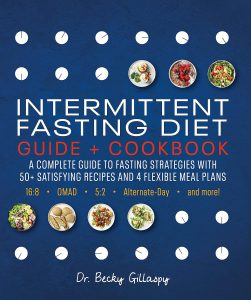Intermittent fasting is a diet plan that involves alternating periods of fasting and non-fasting. During the non-fasting periods, you can consume a wide variety of healthy foods. Here are some examples:
- Vegetables – Eat plenty of leafy greens such as spinach, kale, and broccoli, along with other vegetables such as carrots, peppers, and tomatoes.
- Fruits – Include fruits such as berries, apples, and bananas. However, be mindful of their sugar content and consume in moderation.
- Whole grains – Eat whole grains such as quinoa, brown rice, and whole-wheat bread.
- Lean protein – Consume protein sources such as chicken, fish, eggs, and legumes.
- Healthy fats – Include healthy fats such as avocado, nuts, and olive oil.
During the fasting periods, it is important to stay hydrated by drinking water, herbal tea, or black coffee. There are different methods of intermittent fasting, such as the 16/8 method or the 5:2 method. It is recommended to work with a healthcare professional to determine the most suitable method and to ensure that you are meeting your nutritional needs while following an intermittent fasting diet.




